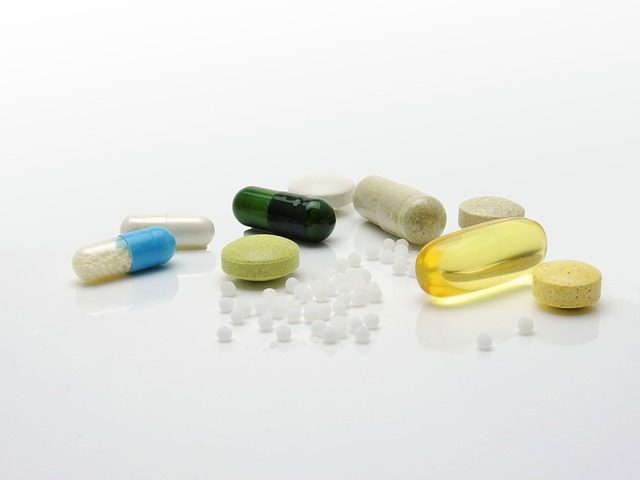Having access to clean drinking water is extremely important. Today, most people in the country either drink tap or distilled water. When you are deciding whether or not you should choose tap or distilled water, there are several factors to take into consideration.
1. Process of Production
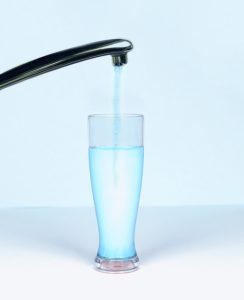
Tap water will go through a standard cleaning and filtration process.
It is typically taken from a nearby lake, river, or other water source and then sent through a rigorous process before going through your plumbing system.
Distilled water then takes the process one step further. When distilling water, all of the water will be boiled until it is all steam.
The steam will then be collected and converted back into drinking water. Since the contaminants are not removed when it is boiled, distilled water will have fewer contaminants overall.
2. Level of Purification
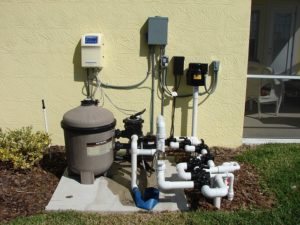
Due to the distillation process, distilled water is much purer and cleaner than tap water.
While tap water is generally safe, those that are looking for the freshest and cleanest water option available should consider distilled water.
It is also the preferred option for brewers, beverage producers, and other industries that use water to produce their final product.
3. Environmental Concerns
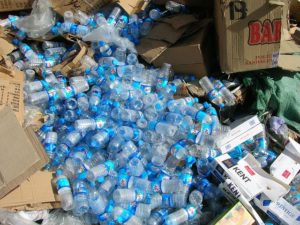
While distilled water is purer than tap water, it does pose more concerns for the environment.
Generally, distilled water starts as tap water, which means it goes through the standard public filtration and plumbing process.
There is then an additional process on top of that which requires super-heating the water and collecting the steam. This can require a significant amount more energy overall. Also, once the distilled water is finalized, it is normally bottled into plastic bottles, which also contribute to landfill waste.
4. Loss of Certain Minerals
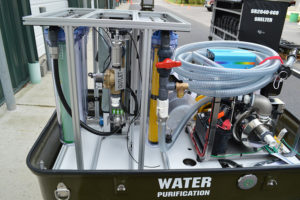
While distilled water will work to remove harmful chemicals from the water, there are other positive additives that a drinker will lose as well.
Tap water today is a great source of calcium, fluoride, magnesium, and other vitamins that are not as easy to consume without drinking base tap water.
This can end up doing great harm to those that are not taking multi-vitamins. Furthermore, the loss of regular fluoride consumption can be bad for someone’ teeth.
5. Acidity

Another disadvantage of distilled water is that it has very low acidity.
While low acidity can be a good thing in general, a certain level of acidity is actually a good thing for water to have.
The acid in the water will work to protect it from harmful chemicals in the air. If your distilled water comes in contact with an open-air environment, it will actually end up absorbing some of it.
Because of this, distilled water needs to be kept sealed at all times when it is not being consumed.
6. Taste

The taste difference between tap and distilled water is also very noticeable. Due to the lack of minerals, distilled water has much less of a taste than tap water.
Whether or not this is a good thing is completely up to the preference of each person when they are selecting their water of choice.


